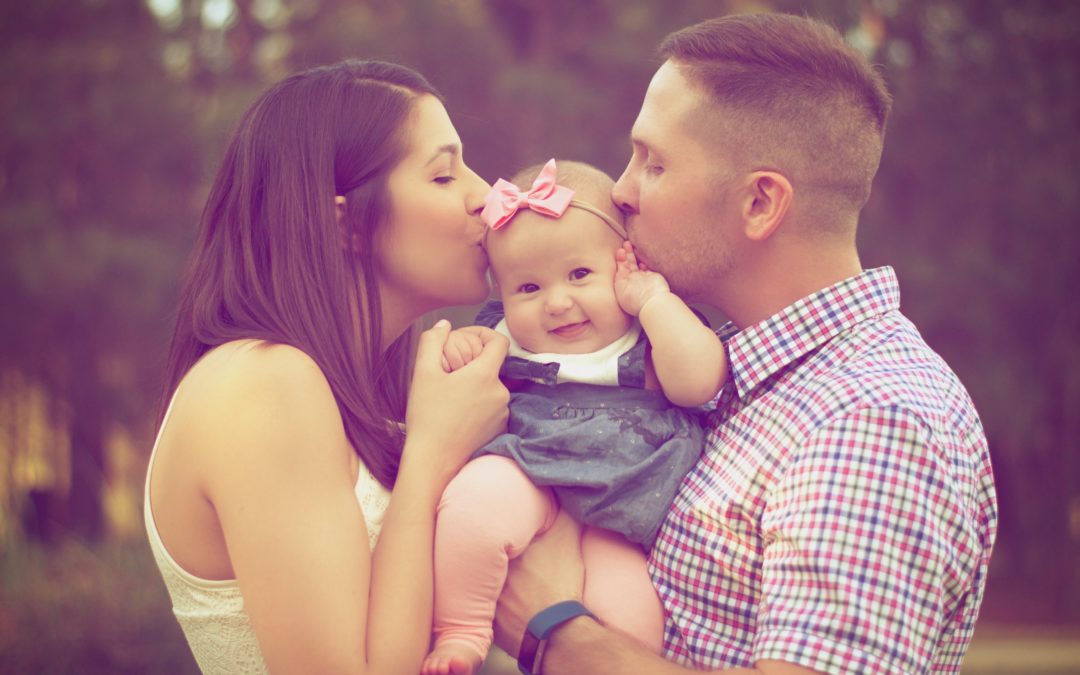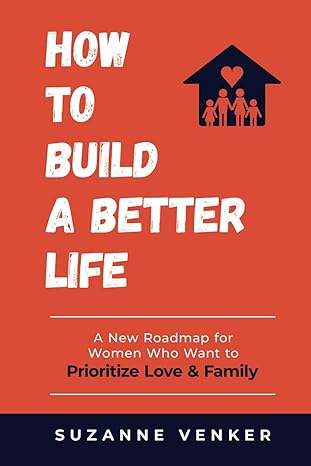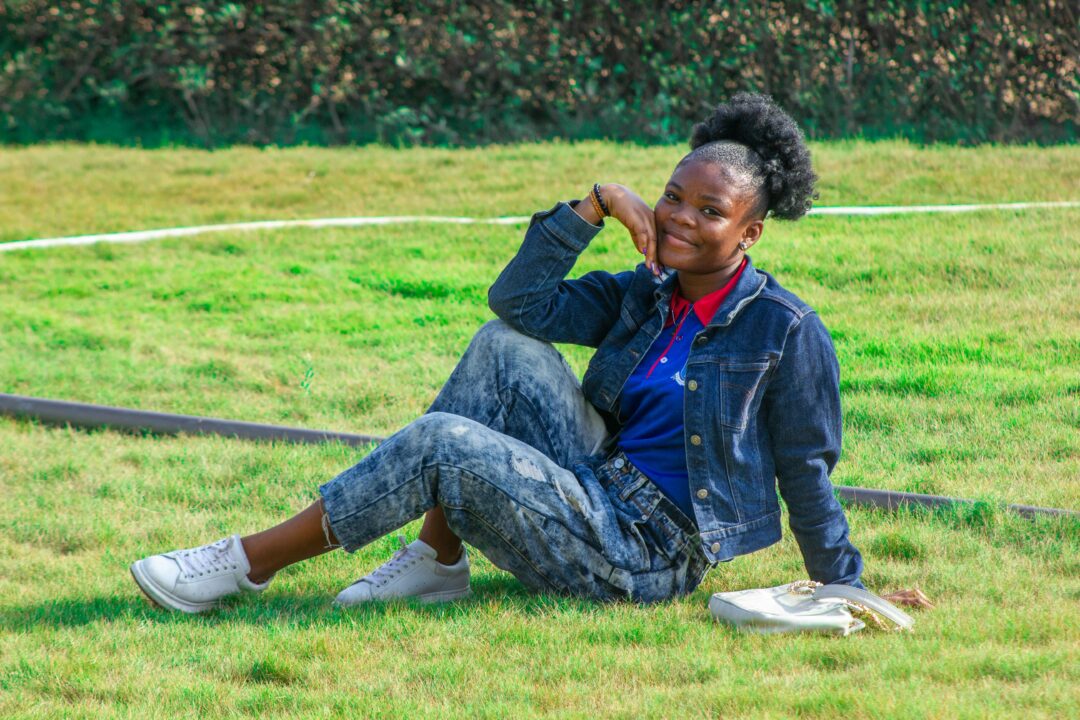COVID 19-Parents getting more involved with their children: is a symbolic revolution beginning?
The original articles was drafted in Spanish in “the conversation.com. Click here to read it in Spanish.
Parenthood is in transition. In recent years, the number of minutes fathers devote to their children has increased, men’s participation in the perinatal period has grown, whether in gynecological visits or birthing classes, and a genuine interest in wanting to be more involved in childcare has blossomed. However, there is still a way to go. There are many barriers, conscious and unconscious, that limit parents to their full involvement, and consequently deny multiple benefits to children, mothers and themselves.
Transition to greater involvement
One could speak of the Covid-19 pandemic as an opportunity to encourage this transition that has accompanied parenthood in recent years, although to use the word opportunity, in its most opportunistic sense, of opportune circumstance, would not be entirely appropriate (nothing will compensate for the number of deaths, the loneliness experienced by many people, the desperation of small businessmen and self-employed people and so many others).
This health crisis could be the beginning of a symbolic revolution. Pierre Bourdieu, based on the example of the French painter Édouard Manet, presents the symbolic revolution as that invisible and unconscious revolution that models, reconfigures our cognitive structures, our way of thinking, of seeing and, in short, of living.
Intimate and collective reflections
Covid-19 may be the beginning of this revolution, since it invites us to rethink in two opposite ways, but which are totally linked: collectively and intimately.
The first invitation is to rethink ourselves collectively: it happens to all of us. With the uneven development of different regions we have come to think that we were living in different boats marching in different directions. Today we see that there is only one ship, perhaps with different decks, cabin sizes, but only one ship: the world, our world.
The sociologist Ulrich Beck, author of The Risk Society, already warned that the new contemporary problems could not be solved nationally or locally. He gave the examples of terrorism and climate change, which we are determined to solve locally, when their solution can only be global. With Covid-19 the same thing is happening, it can only be eradicated globally, by articulating the solution locally.
The second invitation is to rethink ourselves in an intimate way. We have been in our homes, hospitals and residences for days, with more time to spend with ourselves, with the people closest to us, than the timelessness of our lives before made it impossible for us. With this situation, windows are opened to (re)discover and (re)value very intimate and human themes, and one of these intimate, human and personal themes is fatherhood.
The three dimensions of involvement
Parenthood could be like a box. The box of parental involvement that we can give away every day to our sons and daughters. As we know, boxes have length, height and width, three dimensions that allow the size of the box to be smaller or larger. Each of these three sizes could be one of the three dimensions of parental involvement developed by Michael Lamb and his team. Let’s go one by one:
- Accessibility. The length of the box could be the accessibility. We often make the mistake of thinking that quality time is the most important time. “I don’t have time, but the minutes I give are quality time,” we think a lot. Experts continue to stress that the most significant time is still total time. Accessibility is precisely this total time, it is being there, accessible and available, without a necessary interaction, but being available for when the children need it. The effect on a son or daughter of knowing that their parents are there has, physically and psychologically, a myriad of benefits.
-
The engagement. The high of the box could be the compromise. It’s precisely the interactions, the quality time if you will, that are still important. It is crucial that within the total time, there are moments of quality, of interaction in a present and conscious way that do nothing but strengthen the security and affection in the youngest. Laughing together, reading a good story, talking about issues that concern us, playing.
- Responsibility. Finally, the depth of the box could be the responsibility. It is the most abstract dimension but not the least important one. Responsibility is feeling the ultimate guarantor of the social, cognitive, emotional and, if you like, spiritual development of the sons and daughters. It is wanting not to go to minimums, but to maximums to allow the youngest to grow and develop (fully) in all their dimensions. A brief example: these days when school has entered the home as never before, we parents are the last ones responsible for facilitating and guaranteeing our children this access to education.
The size of the box is modified, increasing or decreasing, according to the vital moment of parents and children. Also according to the cultural, social and personal constraint of the parents themselves. Finally, a wish: that this dramatic crisis helps as much as possible to initiate a symbolic revolution towards a new, healthier, more humane and more humanising normality.
FOLLOW US

Marc Grau
Reserach of the Cátedra Joaquim Molins Figueras Childcare and Family Policies, Universitat Internacional de Catalunya





Commentaires récents